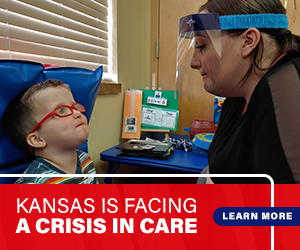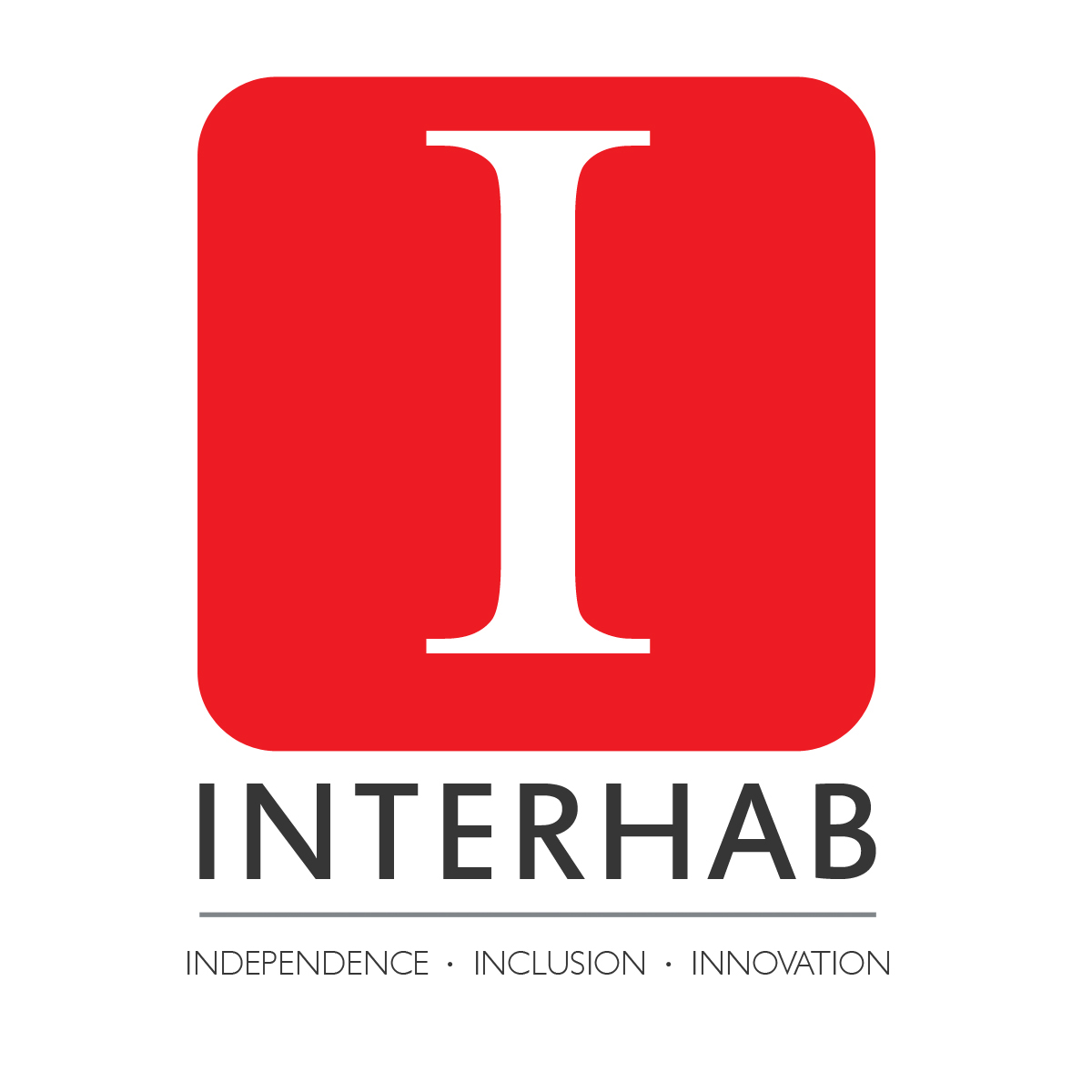InterHab
Crisis in Care
The pandemic has taken its toll on all our communities, and the field of disability supports is among the hardest hit. While some emergency assistance has been available to help disability service providers get PPE and make ends meet, those resources have come gradually and in stages. Right now, many providers are barely hanging on because they can’t cover daily costs, let alone reinvest in their operations, at a time when it is needed more than ever. Kansans with IDD still need the same type and level of support to live life in the community that they needed before COVID-19, now with added concerns over staying healthy and protected from the virus. We’re facing a Crisis in Care.
The number of people who need services has been growing for years, which requires a growing workforce to match. IDD providers have been hard pressed to offer competitive wages that are even comparable to entry-level fast food restaurants in their communities, let alone pay professionals to work in close quarters – doing everything from helping people feed, dress, bathe, and care for themselves to supporting people navigate the community, get a job, vote, and more. Sadly, during the pandemic, many DSPs have been forced to leave their jobs to file for unemployment.

The crisis has come at a time when the IDD service system was just climbing out of a long slump due to years of chronic underfunding. Even pre-pandemic, the system had significant workforce capacity issues. For example, from 2014 to 2019, Johnson County (one of the state’s two largest service networks) lost 22% of its day providers, 26% of its residential providers and 24% of its TCM providers.
We need your help. Please sign up with us to get our Action Alerts, help us raise awareness through social media, and learn how we can work together to recover from this Crisis in Care.
- Keep funding for disability Services and Supports going strong
- Ensure adequate PPE, cleaning supplies, medical equipment, and pandemic response training
- Coordinated childcare services for direct support staff
- Overtime, hazard pay, and paid sick leave
- Prevention strategies against a ‘second wave’ of COVID-19 among Kansans with IDD
